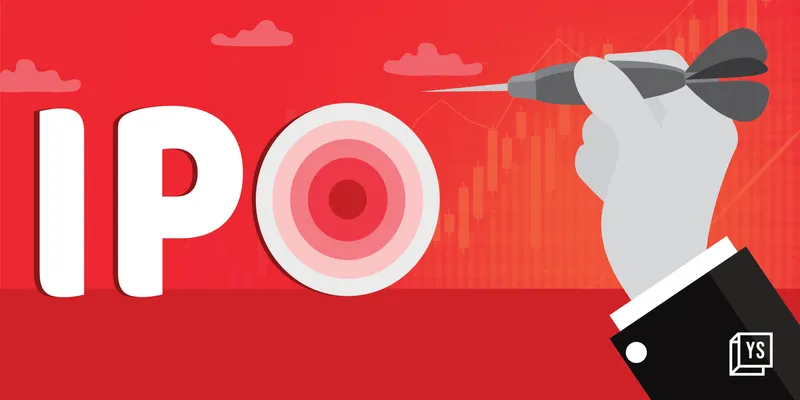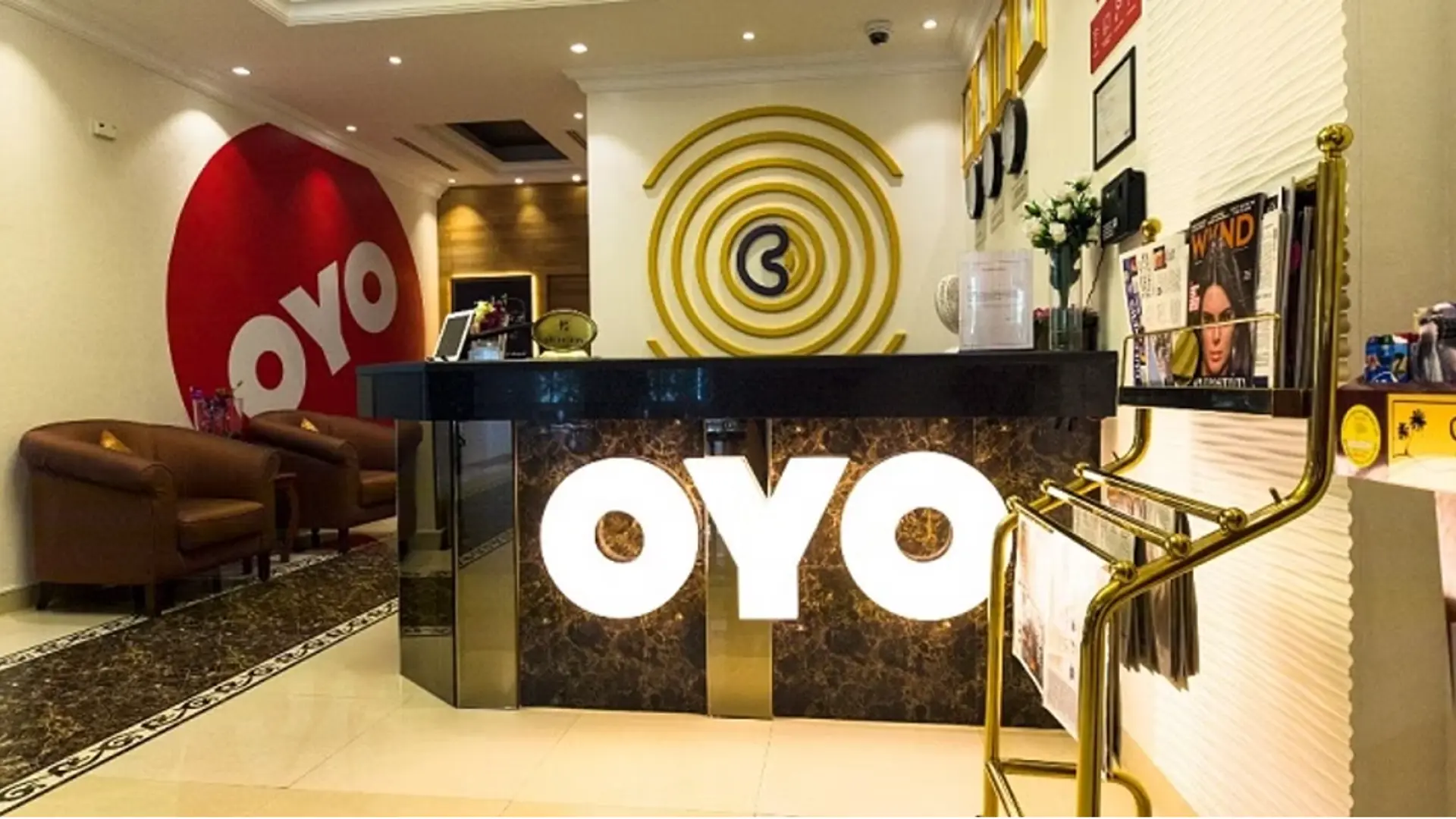OYO to refile IPO papers post $450M refinancing
The refinancing will result in material changes to OYO's financial statements. Hence, OYO will have to revise its filings with the regulator.
Softbank-backed is set to refile its much-awaited IPO as the global travel tech player is close to finalising its refinancing plans to raise up to $450 million via sale of dollar bonds, sources said.
JP Morgan is the likely lead banker for the refinancing through the sale of dollar bonds at an estimated interest rate of 9 to 10% per annum, a source said.
In preparation for the refinancing, OYO has moved its application with markets regulator Sebi (Securities and Exchange Board of India) to withdraw its current draft red herring prospectus (DRHP). The company intends to refile an updated version of the DRHP, after the bond issuance.
Oravel Stays Ltd, OYO's parent company, had in November prepaid a chunk of its debt amounting to Rs 1,620 crore through a buyback process. The buyback involved repurchasing 30% of its outstanding term loan B of $660 million. The move brought down its outstanding loan amount to around $450 million.

A source closely involved in the company's IPO plans told PTI, "The refinancing will result in material changes to OYO's financial statements. Hence as per existing regulations, it will need to revise its filings with the regulator."
He added, "Since the decision for refinancing is at an advanced stage, it doesn't make sense to continue pursuing IPO approval with the current financials. So it's prudent to withdraw the current application."
The refinancing will extend the repayment timeline to five years, versus the repayment of the remaining TLB due in 2026, the source said.
The bond issuance would significantly lower the current effective interest rate of 14% on its existing $450 million term loan B facility.
In September 2021, OYO had filed preliminary documents with Sebi for a Rs 8,430-crore IPO. The launching of the IPO was delayed due to the then volatile market conditions, making the company prepare to settle for a lower valuation at around $4 billion–$6 billion instead of the $11 billion it was targeting initially.
Edited by Swetha Kannan








